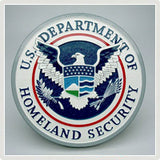 U.S. Department of Homeland Security Proposes HEPA Units in Current Safety Recommendations.
U.S. Department of Homeland Security Proposes HEPA Units in Current Safety Recommendations.
Safety Experts Recommend HEPA Air Purifiers
CHICAGO, April 2 /PRNewswire/ — Security on homeland soil is gaining momentum as the public looks for ways to add a measure of protection in this time of war. There are practical measures that families can take to increase their safety at home. The U.S. Department of Homeland Security (http://www.ready.gov) suggests a variety of safety measures, including the use of portable HEPA air purifiers to help address potential airborne particles from terrorism threats.
Dr. Philip M. Tierno, Jr., author of “Protect Yourself Against Bioterrorism,” is the director of Clinical Microbiology and Diagnostic Immunology at the Tisch Hospital, New York University Medical Center and Mt.Sinai Medical Center. “Without question, using a HEPA filter gives you an added degree of security,” Tierno said.
According to Tierno, these household devices, within their limitations, may be of help to families when placed in a “safe room,” defined by the U.S. Department of Homeland Security as a designated room in the home where family members would gather with supplies such as food and water in the event of local emergency. “
HEPA filters are used in operating rooms, ICUs, and in a wide variety of surgical areas to purify the air,” said Tierno. “HEPA filtration is not only quick and effective, but it’s relatively inexpensive. When properly used, it’s one of the best means of helping to ensure good, quality air.”
“HEPA Air purifiers can be a sensible and affordable means of helping clean the air and therefore offer families a moderate level of added protection in the event of a terrorist threat,” said Tom Griffin, a director of the Indoor Air Quality Association with a PhD in environmental health. HEPA filters are designed to trap 99.97% of airborne particles 0.3 microns in size or larger from the air passing through them.
The device uses a fan to draw contaminated air through a carbon filter that helps reduce odors and extracts larger particles. The air then continues through the HEPA filter, which is a tightly woven fiber sieve. The filtered air is then redistributed throughout the room.
“In addition to having ample supplies of food and water, the quality of the air you breathe is equally important,” said Dick Couch, retired Navy SEAL/former CIA operative and author of a new book, “The U.S. Armed Forces Nuclear, Biological and Chemical Survival Manual: Everything You Need to Know to Protect Yourself and Your Family From the Growing Terrorist Threat.” Families who proactively plan for emergencies may find tangible benefits, as well as peace of mind,” Couch said.
According to the Environmental Protection Agency (EPA), outdoor air can enter homes and buildings through joints or cracks in walls, floors and ceilings, as well as through natural (an open window) or mechanical ventilation (vents and fans). Beyond terrorist threats, HEPA air purifiers provide additional benefits to problems associated with outdoor air, such as pollen, molds, dust and material that can aggravate respiratory ailments. “Over the last 10 years, the incidents of allergy and asthma in children and adults have increased tremendously,” said Clifford W. Bassett, MD, a fellow of the American Academy of Allergy & Immunology and director of Allergy and Asthma Care of New York. Studies conducted by the EPA underscore the growing household air quality problem, reporting that indoor air pollutants can be 2 to 5 times and occasionally, more than 100 times higher than outdoor air, in part due to the increase of tightly sealed homes that have less air circulation. “There are more than 57 million Americans now suffering from varying degrees of respiratory problems. The proper use of HEPA air purifiers as part of an overall plan to help maintain cleaner air can only be a good thing,” added Bassett.
Jeff May, author of “My House is Killing Me! The Home Guide for Families with Allergies and Asthma,” (Johns Hopkins University Press), recommends that purifiers be selected on the basis of room size and the manufacturer’s suggestion. May also suggests that consumers should have extra HEPA filters on hand, as well as carbon filters (if the air purifier needs them). It’s important to understand not to change used, contaminated filters in a “saferoom.”
View Top 3 Air Purifiers for Chemicals Browse All Air Purifiers for Chemicals

 U.S. Department of Homeland Security Proposes HEPA Units in Current Safety Recommendations.
U.S. Department of Homeland Security Proposes HEPA Units in Current Safety Recommendations.